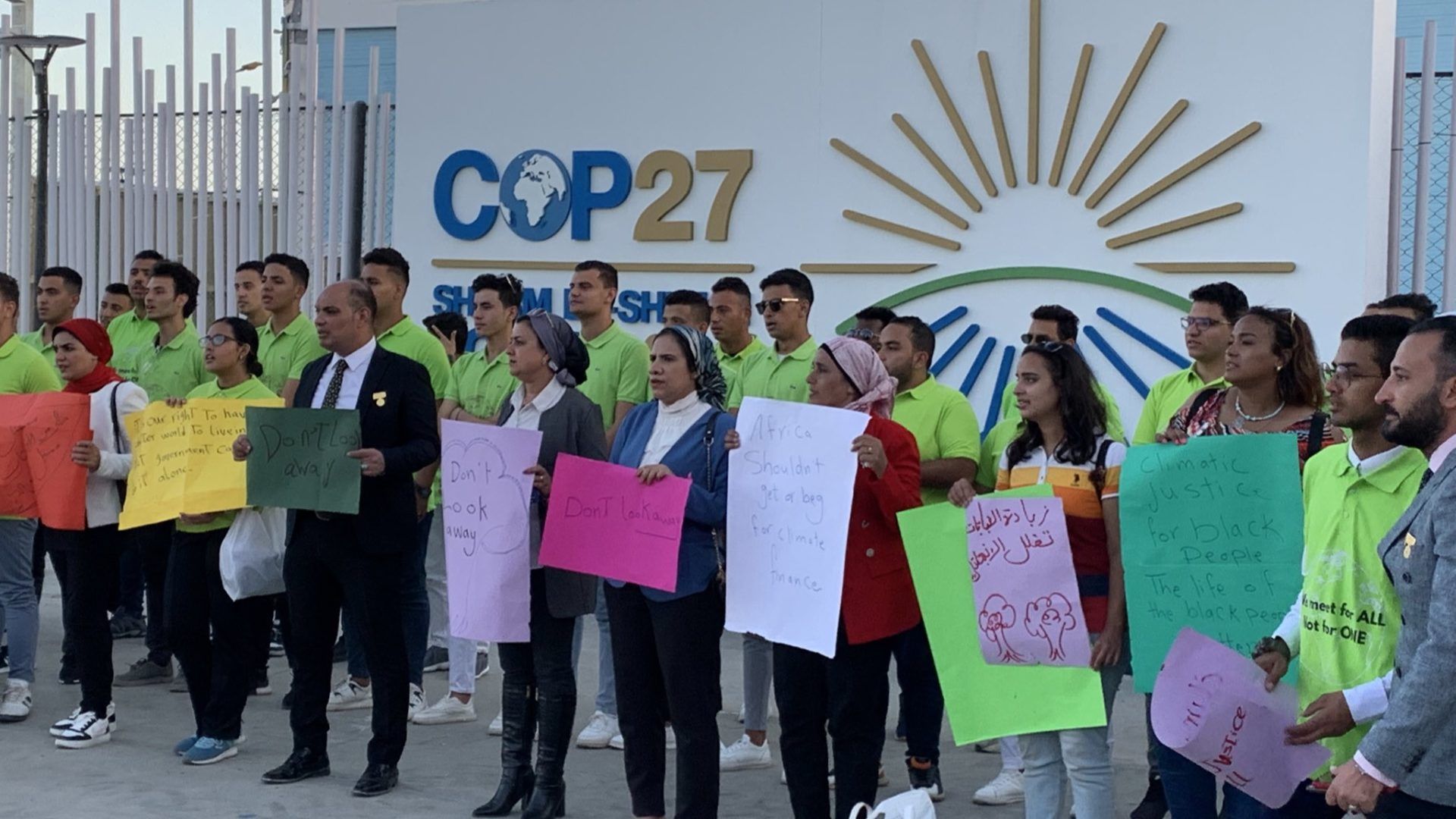- Smallholder farms were largely left out of a farming deal signed at COP27 this past weekend, according to the International Panel of Experts on Sustainable Food Systems (IPES-Food)
- Governments from around the world signed off on the “Koronivia joint work on agriculture” package.
- IPES-Food said it is “disappointing” that the package focuses predominately on Big Ag.
- Building “sustainable food systems” that reduce waste, improve nutrition and bolster the supply chain were also left out of negotiations, says the organization.
Why it matters:
Some 84% of the world’s farms are smallholdings, typically taking up less than two hectares in size.
These smallholder farmers grapple with challenges that include high input costs, unreliable equipment, and a lack of access to markets and financial credits. When something goes wrong for one of the 500 million smallholder households in the world, the families themselves often suffer. Many of the world’s smallholder farmers rank among the world’s poorest.
Smallholder farmers are also frequently located in regions feeling the worst impacts of climate change. See Pakistan’s record floods that left one-third of the country underwater as a recent example.
IPES-Food underscored these challenges in a recent statement, noting that “small-scale farmers’’ demands for climate finance to support adaptation to climate changes and to create truly long-term resilience have gone largely unmet” at COP27.
In fact, the organization suggested the Koronivia package did little more than reinforce the principles of Big Ag.
“Despite all the green buzzwords, COP27 has seen a number of initiatives simply doling out more support to big agribusinesses and their large-scale extractive model of industrial agriculture that’s causing climate change,” Lim Li Ching, a senior researcher at Third World Network, said in a statement.
“Small-scale farmers have done little to cause the climate crisis but their needs and solutions are being crowded out,” she added.
Last year’s COP26 included only “passing mentions” of food and agriculture. By contrast, some are calling COP27 “the food systems COP.”
This year’s conference included more than 200 events, four pavilions and an entire day dedicated to the topic, according to IPES-Food.
Million Belay, the coordinator of the Alliance for Food Sovereignty in Africa noted that smallholder farmers struggled to have “their voices heard at COP27 amongst the record high numbers of agribusiness lobbyists, and the extortionate expense.”
“[Smallholders] demanded support and climate finance for diverse and resilient agroecological food systems to help adapt to the floods and droughts they are facing – but they leave with very little.”
Belay pointed to Africa in particular, where, despite increasing levels of venture capital investment in agrifoodtech tools, most of which aim to help combat the effects of climate change or reduce agrifood’s impact on it, represents just 1% of global totals, according to AgFunder’s recent report.
“World leaders must not leave Africa’s producers to their own fate,” said Belay.





